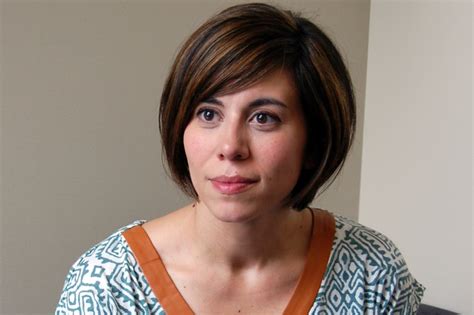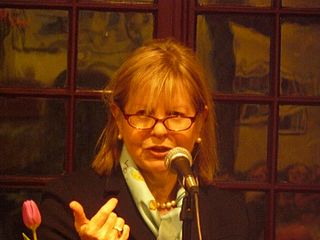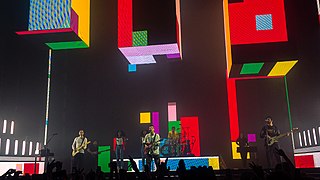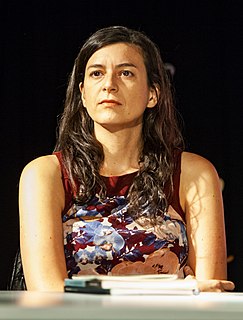A Quote by Tim Cahill
You have very short travel blogs, and I think there's a split among travel writers: the service-oriented writers will say, 'Well, the reader wants to read about his trip, not yours.' Whereas I say, the reader just wants to read a good story and to maybe learn something.
Related Quotes
Real writers-that is, capital W Writers-rarely make much money. Their biggest reward is the occasional reader's response.... Commentators-in-print voicing big fat opinions-you might call us small w writers-get considerably more feedback than Writers. The letters I personally find most flattering are not the very rare ones that speak well of my editorials, but the occasional reader who wants to know who writes them. I always happily assume the letter-writers is implying that the editorials are so good that I couldn't have written them myself.
I don't think anybody can teach anybody anything. I think that you learn it, but the young writer that is as I say demon-driven and wants to learn and has got to write, he don't know why, he will learn from almost any source that he finds. He will learn from older people who are not writers, he will learn from writers, but he learns it -- you can't teach it.
As soon as I start to write I'm very aware, I'm trying to be aware that a reader just might well pick up this poem, a stranger. So when I'm writing - and I think that this is important for all writers - I'm trying to be a writer and a reader back and forth. I write two lines or three lines. I will immediately stop and turn into a reader instead of a writer, and I'll read those lines as if I had never seen them before and as if I had never written them.
Even if your novel occurs in an unfamiliar setting in which all the customs and surroundings will seem strange to your reader, it's still better to start with action. The reason for this is simple. If the reader wanted an explanation of milieu, he would read nonfiction. He doesn't want information. He wants a story.
I have a total responsibility to the reader. The reader has to trust me and never feel betrayed. There's a double standard between writers and readers. Readers can be unfaithful to writers anytime they like, but writers must never ever be unfaithful to the readers. And it's appropriate, because the writer is getting paid and the reader isn't.
If you are reading in order to become a better reader, you cannot read just any book or article. You will not improve as a reader if all you read are books that are well within your capacity. You must tackle books that are beyond you, or, as we have said, books that are over your head. Only books of that sort will make you stretch your mind. And unless you stretch, you will not learn.
Two kinds of reading can be distinguished. I call them reading like a reader and reading like a writer ... when you read like a reader, you identify with the characters in the story. The story is what you learn about. When you read like a writer, you identify with the author and learn about writing.
For me, even in the most subtle and introspective story, it's all about tension: this is the thread that ties a reader to story, something in the rhythm and in the argument that hypnotizes and pushes us to read with great attention. As a reader, I love the storytellers who play with this, and as a writer it is something I always look for.






































